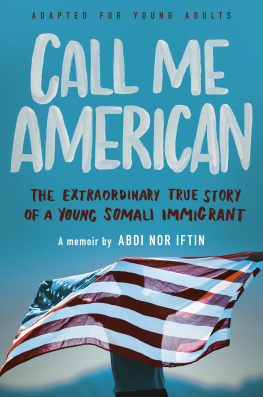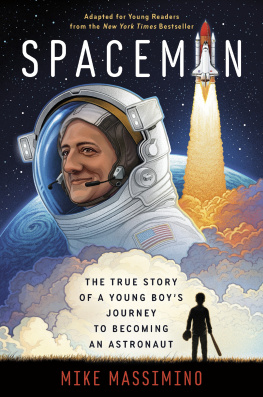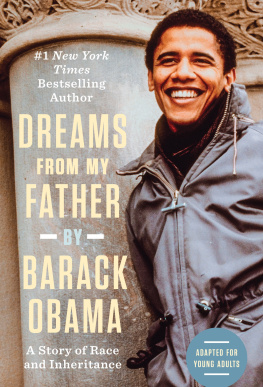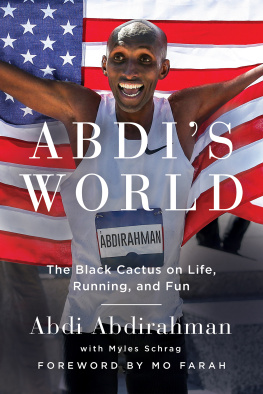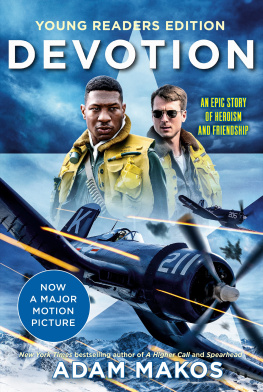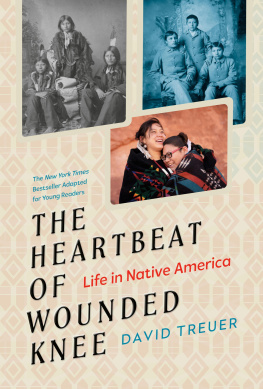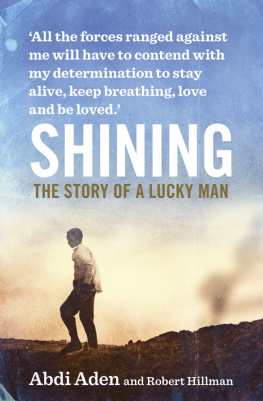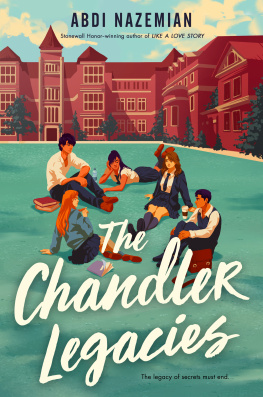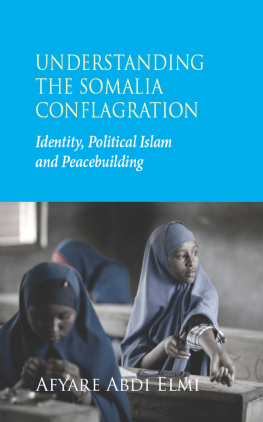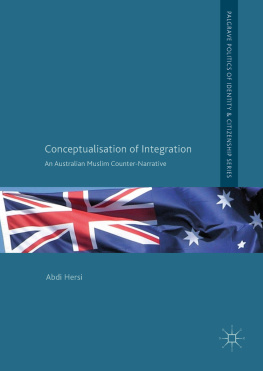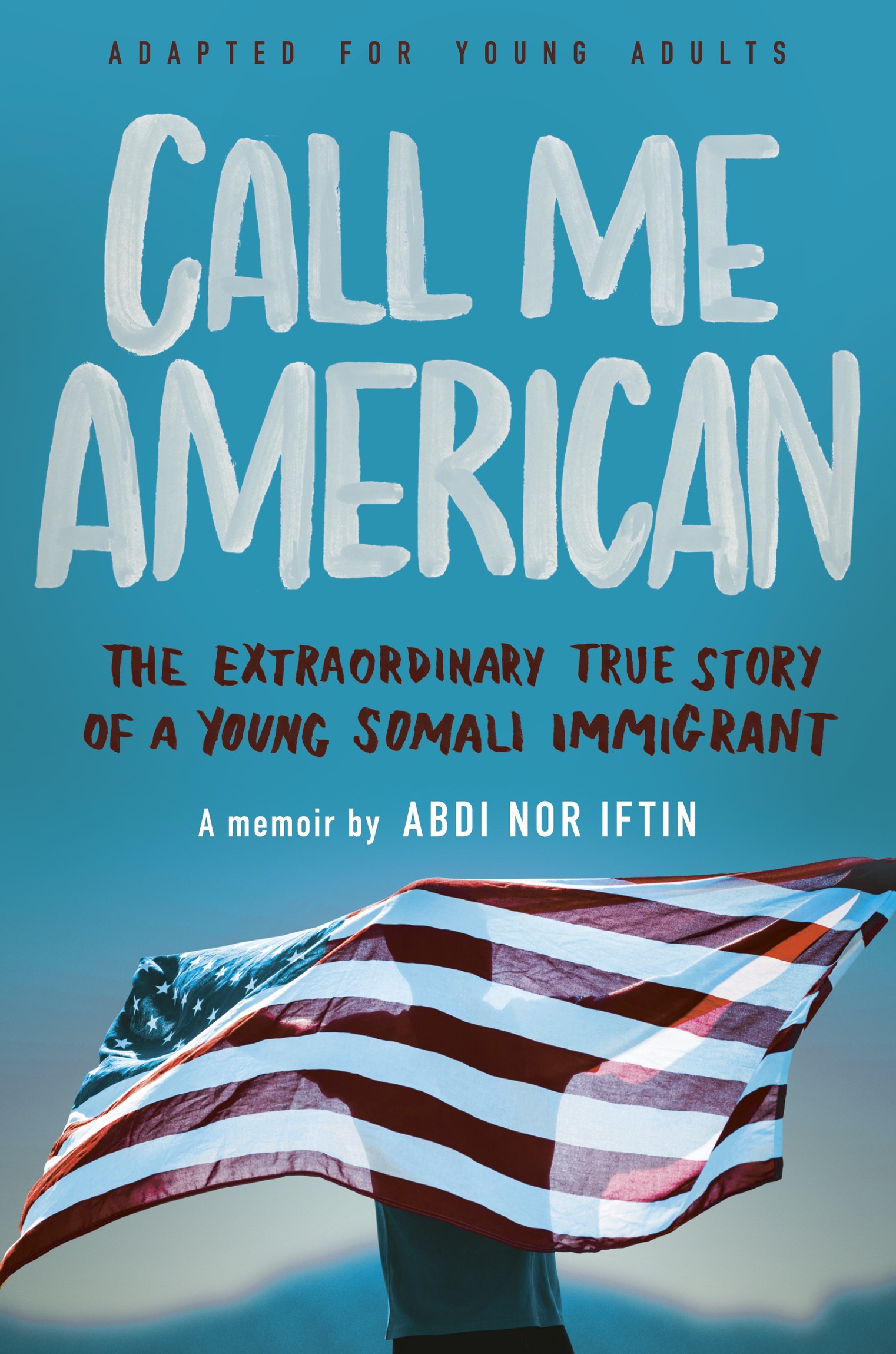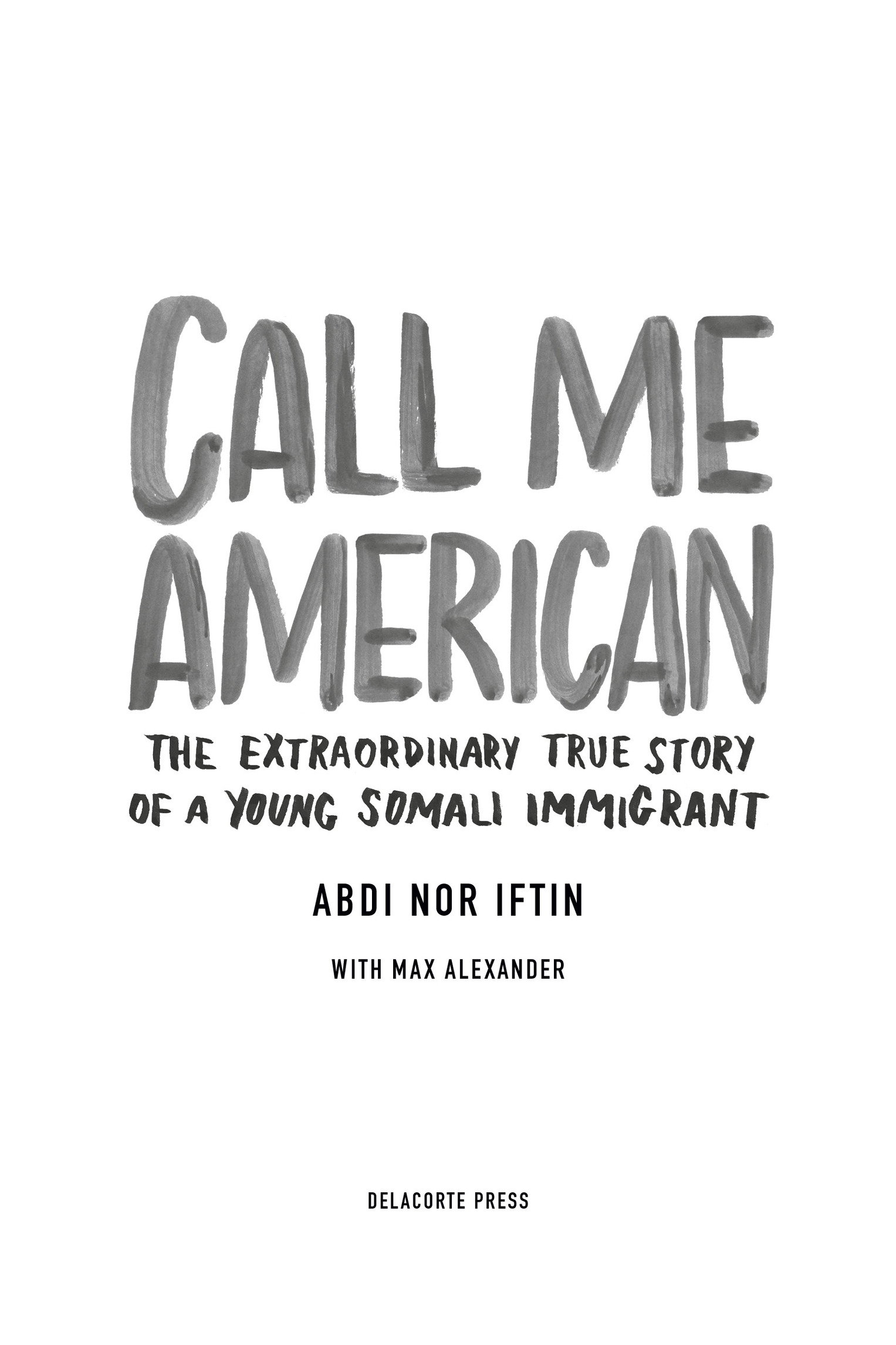Contents
Landmarks
Print Page List
Text copyright 2020 by Abdi Nor Iftin and Max Alexander
Cover art used under license from Shutterstock.com
Cover design by Jennifer Heuer
All rights reserved. Published in the United States by Delacorte Press, an imprint of Random House Childrens Books, a division of Penguin Random House LLC, New York.
This work is based on Call Me American, copyright 2018 by Abdi Nor Iftin and Max Alexander. Originally published in hardcover by Alfred A. Knopf, an imprint of Random House, a division of Penguin Random House LLC, New York, in 2018, and subsequently published in paperback by Vintage Books, an imprint of the Alfred A. Knopf group, in 2019.
Delacorte Press is a registered trademark and the colophon is a trademark of Penguin Random House LLC.
In Chapters 15 and 16, some names of individuals have been changed to protect their privacy.
Visit us on the Web! GetUnderlined.com
Educators and librarians, for a variety of teaching tools, visit us at RHTeachersLibrarians.com
Library of Congress Cataloging-in-Publication Data
Names: Iftin, Abdi Nor, author. | Alexander, Max.
Title: Call me American / Abdi Nor Iftin, with Max Alexander.
Other titles: Call me American (Delacorte Press)
Description: First edition. | New York, NY : Delacorte Press, 2020. | Audience: Grades 912. | Audience: Ages 12+
Identifiers: LCCN 2019018309 (print) | LCCN 2019019083 (ebook) | ISBN 978-1-9848-9712-1 (el) | ISBN 978-1-9848-9711-4 (hc)
Subjects: LCSH: Iftin, Abdi NorJuvenile literature. | Somali AmericansBiographyJuvenile literature. | Somali AmericansMaineBiographyJuvenile literature. | ImmigrantsMaineBiographyJuvenile literature. | MuslimsMaineBiographyJuvenile literature. | Children and warSomaliaJuvenile literature. | SomaliaHistory1991Juvenile literature. | Mogadishu (Somalia)BiographyJuvenile literature.
Classification: LCC CT275.I43 (ebook) | LCC CT275.I43 A3 2020 (print) | DDC 305.893/540741dc23
Ebook ISBN9781984897121
Random House Childrens Books supports the First Amendment and celebrates the right to read.
Penguin Random House LLC supports copyright. Copyright fuels creativity, encourages diverse voices, promotes free speech, and creates a vibrant culture. Thank you for buying an authorized edition of this book and for complying with copyright laws by not reproducing, scanning, or distributing any part in any form without permission. You are supporting writers and allowing Penguin Random House to publish books for every reader.
v5.4
ep
This book is for my proud nomad mother, who saved me. Mom, you nursed my bloody feet after I had walked for miles with you without shoes; you gave me hope with your stories of brave life in the bush; and when I rested my head on a graveyard full of kids of my age, you would not let me join them. Your strength kept me alive in the city of the dead. Now I am safe in America. So long as we both live, I will return that strength and support to you.
A mule that grazes with horses thinks it is a horse.
Somali proverb
Contents
Since I arrived in America in 2014, I have had the privilege of meeting and speaking with students all over this country; they always have so many good questionssome of them hard to answer!which can only come from strong curiosity about the world.
My world as a kid was very different from yours, but I had the same passion to see beyond my horizon. On the streets of Mogadishu, Somaliahungry, scared, without shoes or much hope for a futuremy own curiosity about the world kept me going. In Hollywood movies, which I watched on a small TV screen in a dirt-floored shack, I saw American kids and teenagers, and I dreamed of their life. I wanted toys, freshly made beds, a refrigerator full of food, a roof over my head, clean clothes, schools and teachers. I couldnt have those things, but I pretended I was an American boy and even called myself Abdi American.
This did not make my parents happy. They had grown up as simple but proud nomadic herdspeople, roaming across hundreds of miles of bush land with their animals. They played on the hot sand, drank fresh camel milk, and chanted songs around fires at night to ward off the lions and hyenas. My mother and father both have scars from fights with those wild animals. Despite the dangers, they were totally free people. They had no laws other than what they believed God commanded; they owned only what they could carry; they had no traffic lights, no insurance policies, not even money.
But when a drought took their herd, they were forced to move to the big city where I was born. I did not grow up tending camels and cows, but every night my parents told me stories of that world so I would not forget where I came from.
I am proud of my nomad heritage, but I did not choose to be born in Somalia. No one gets a choice. It could have been you who was born in Somalia and lost everything at the age of five. It could have been you who wandered in the wilderness for months with sore and bloody feet, an empty belly, surrounded by hungry animals and brutal soldiers. Of course no child deserves what I went through. But it could happen to anyone.
You could say my story has a happy ending because I got out of that terrible place and now live in America. But my story includes my family, still in Africa, struggling to survive every day. They are lucky that I can support them, but I cant go there, nor can I protect them from the daily risk of sickness and violence.
Luck is a funny thing. I have had bad luck and good luck in my life. Either way, I always tried to be prepared when good luck came my way. So I taught myself English while watching those Hollywood movies, even though there was no use for English in Mogadishuin fact, speaking English there could be dangerous if the wrong people heard you. Then one day, English came in handy and changed my life. If you take one lesson from this book, I hope its that every life has some good luck and bad luck; what matters is what you make of it.
When I speak to school groups across America, I dont like telling young people they should be thankful for being born in a free and peaceful country, because it sounds like we should take pity on the less fortunate, or be sorry for their existence. The poor and desperate people of the world dont want our pity. Unlike me, most dont even want to become American. Like my parents, they cherish their own heritage and culture. They only want a fair chance, as fellow human beings on this planet. They dont want the random accident of their birthplace to mean a death sentence.
I know there are no easy solutions to the problems of the world. But a good place to start is understandingand that comes from listening to each others stories. As you read my story, I encourage you to think about your own story, and what you would say about yourself to people in faraway places like Somalia. Listen to your parents and grandparents stories; whether your ancestors were Native Americans or immigrants from Italy or enslaved people from West Africa or Pilgrims from England, they all have something to teach us. You can live in a small remote town or a big noisy city, in America or Europe or Africa or beyond. Wherever you live, wherever you come from, your story matters. We are all connected by our stories.

